22 Senate and Gubernatorial Candidates, as well as Hillary Clinton, Respond to #PwDsVote Campaign Questionnaire
Orlando, Sept. 21 – Democratic nominee Hillary Clinton is devoting this afternoon’s rally to her plan on creating an economy that values people with disabilities. Per an aide, Clinton will propose an economy that “welcomes people with disabilities, values their work, rewards them fairly, and treats them with respect.”
Just yesterday, reality TV star Nyle DiMarco starred in an ad for Clinton that is completely in sign language with English captions. “We’re used to being ignored,” DiMarco says, before stating that there are a lot of people with disabilities without a voice.
“The voice of your vote is the greatest voice we have,” he concludes, urging all people to get out the vote for Hillary Clinton.
It’s important to note, however, that examples of disability outreach are on both sides of the aisle, especially when you look down ballot. Earlier this month, GOP Sen. Richard Burr‘s campaign produced a new statewide television ad in North Carolina highlighting his work in support of the bi-partisan Achieving a Better Life Experience (ABLE) Act. This new law, which also was supported by Maryland Democratic Rep. Chris Van Hollen, creates new savings accounts for individuals with disabilities in order to pay for qualified disability expenses.
All of this comes at a time of multiple down ballot candidates responding to the #PwDsVote 2016 Senate & Gubernatorial Disability Questionnaire, devoting time and energy to addressing disability issues. Since the first release earlier this month, seven additional politicians have submitted their responses – making a total of 22 candidates for Senate or Governor to have provided detailed answers about their views on these issues for people with disabilities.


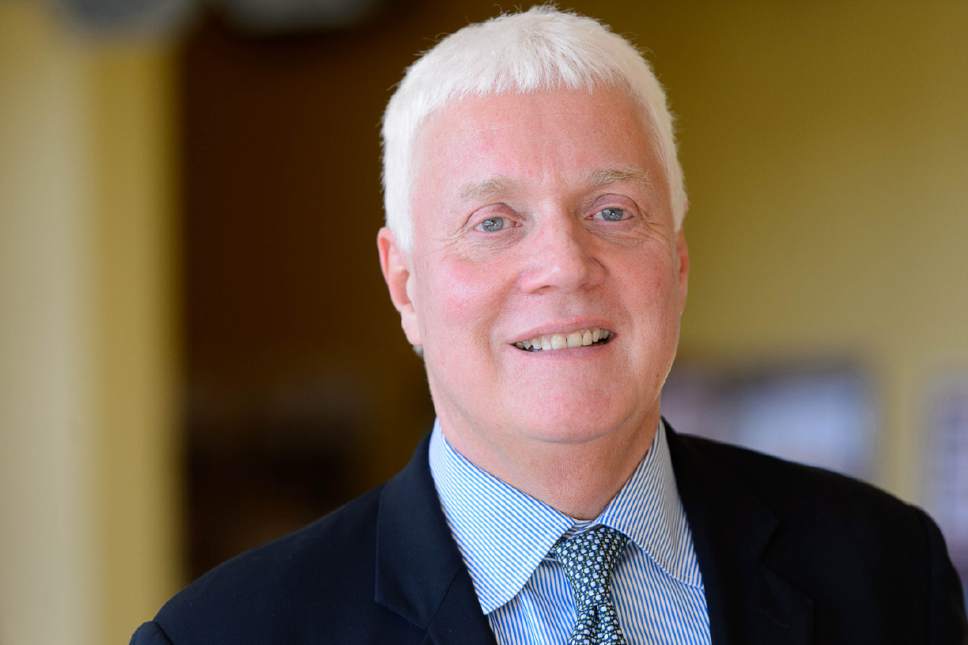
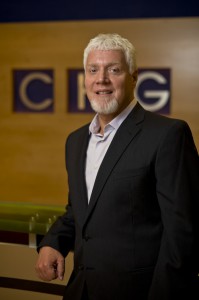
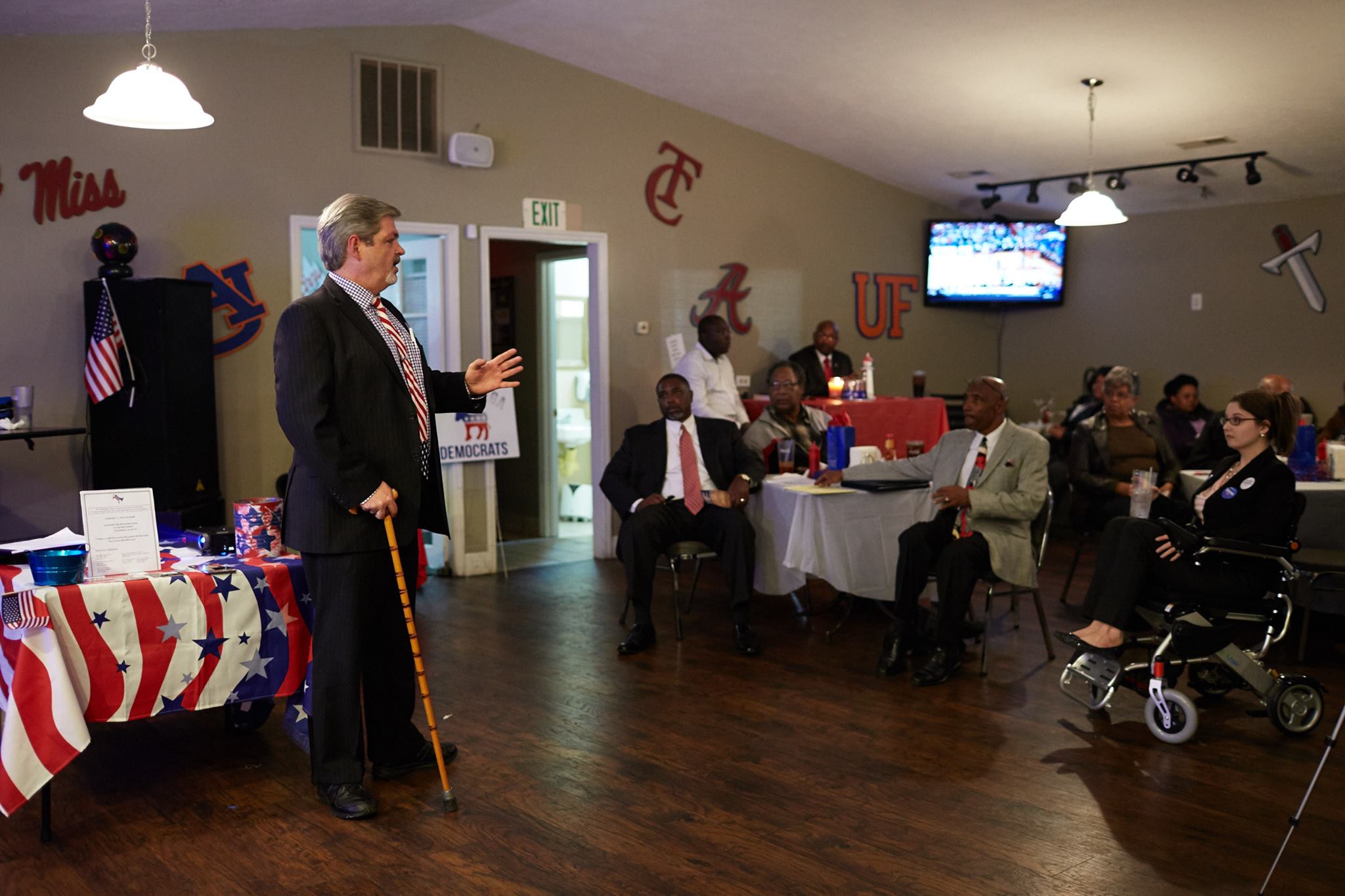
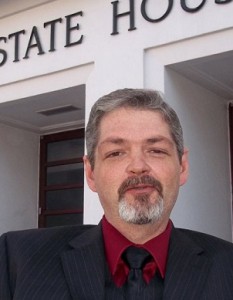
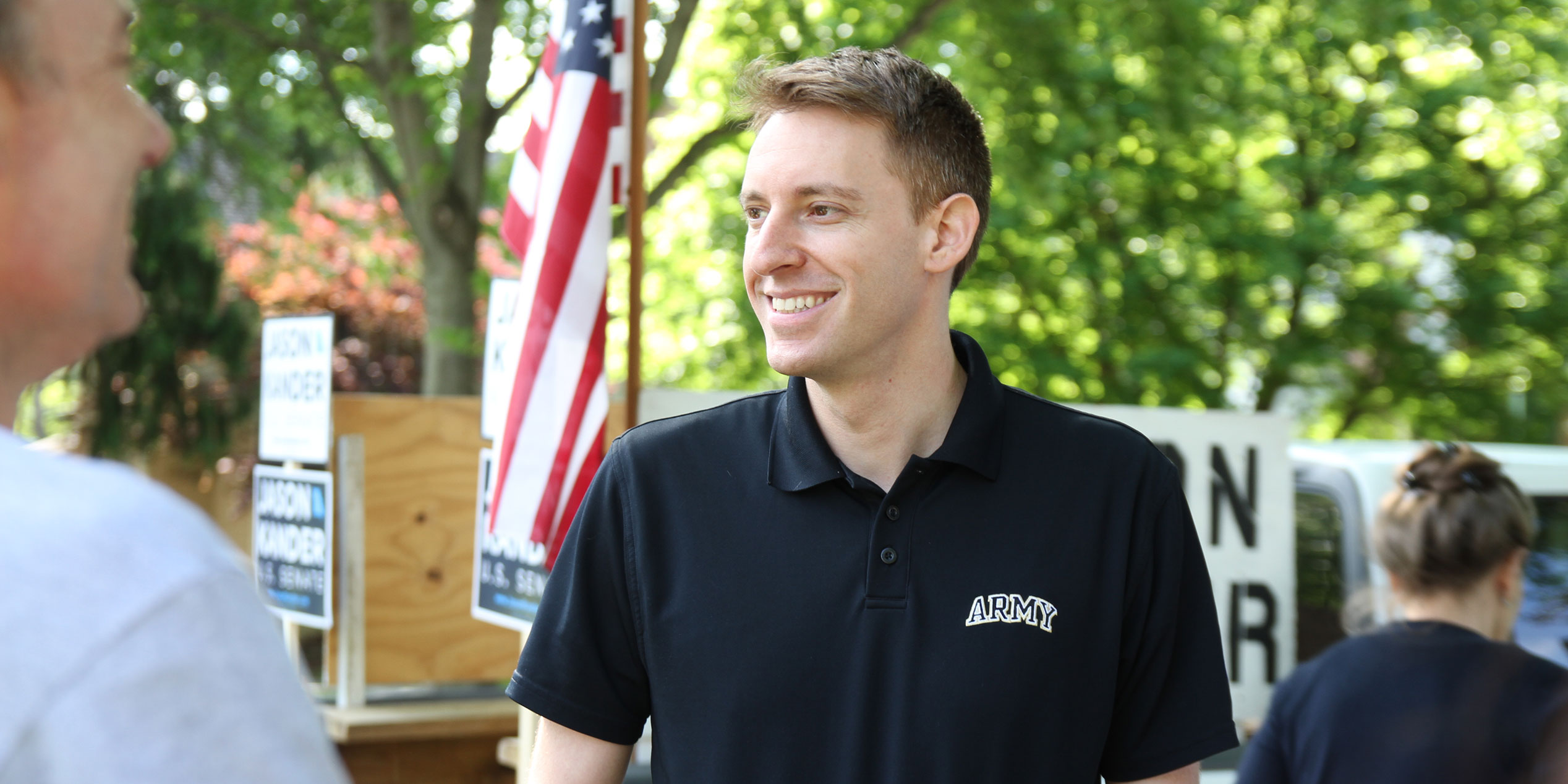

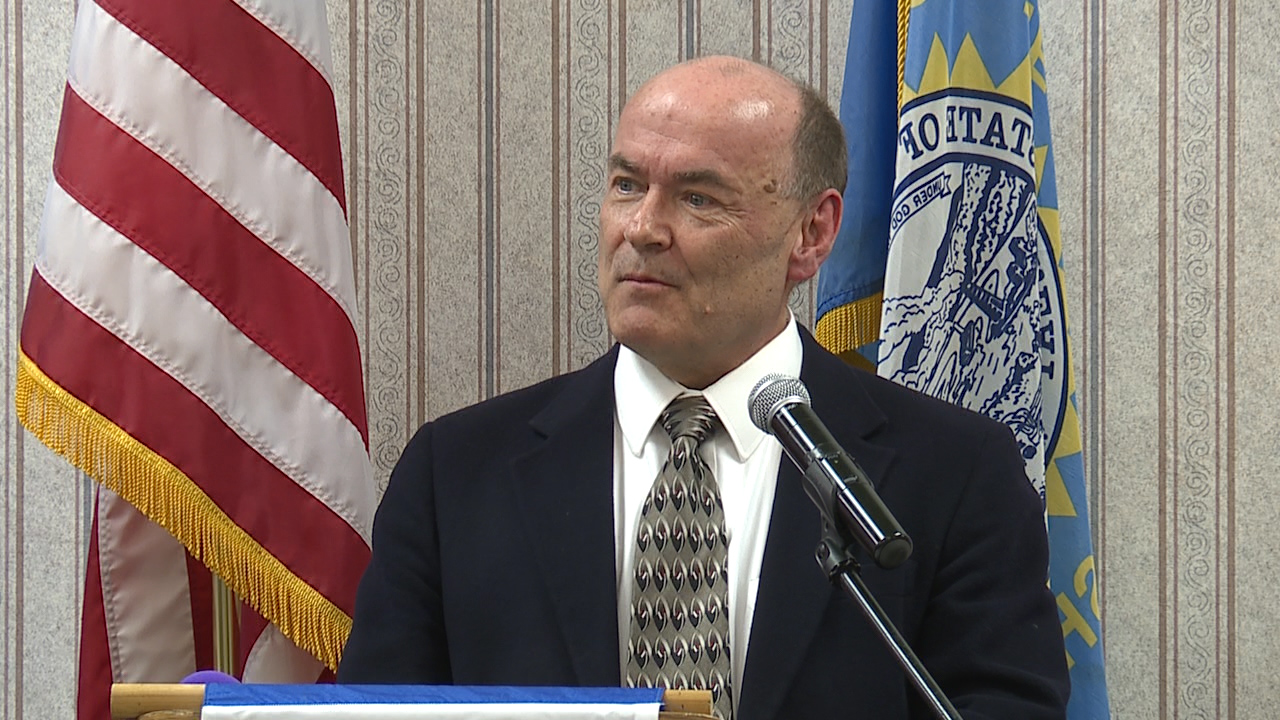
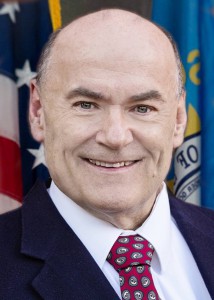

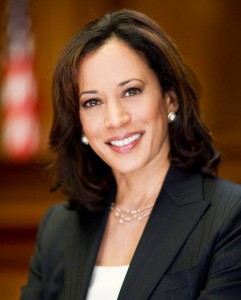

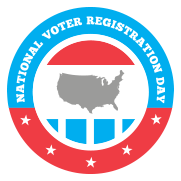 Washington, Sept. 27 – Today, we celebrate
Washington, Sept. 27 – Today, we celebrate 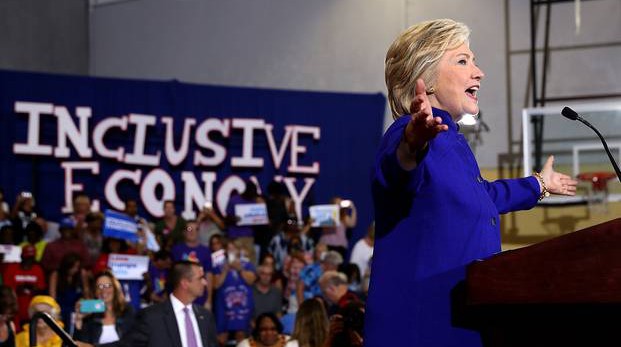

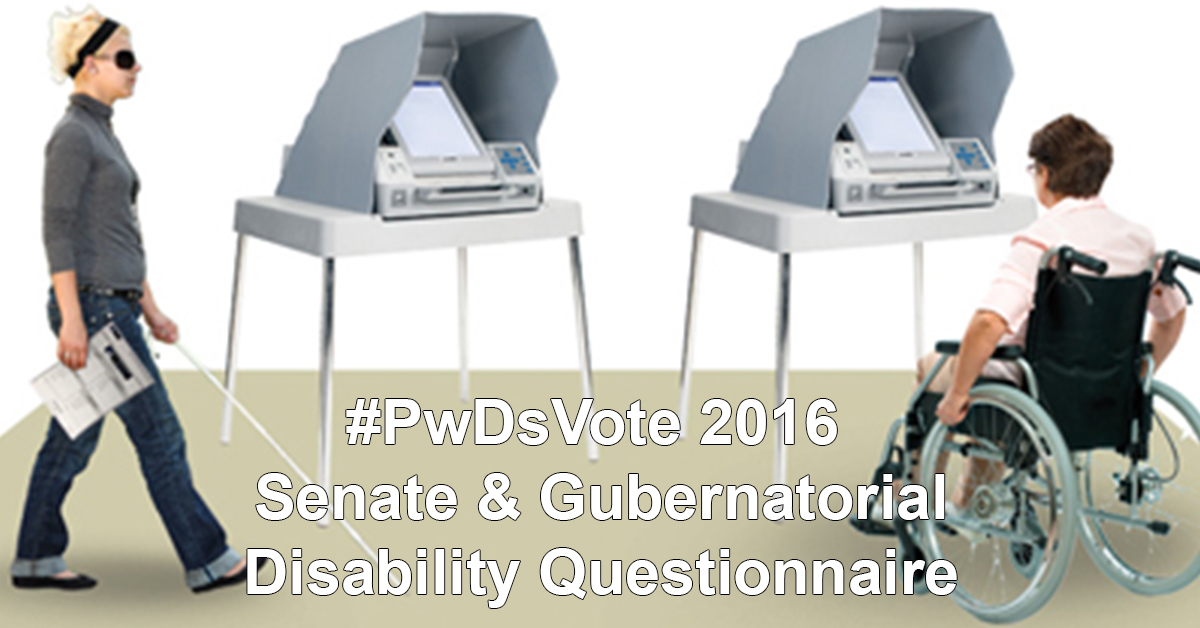
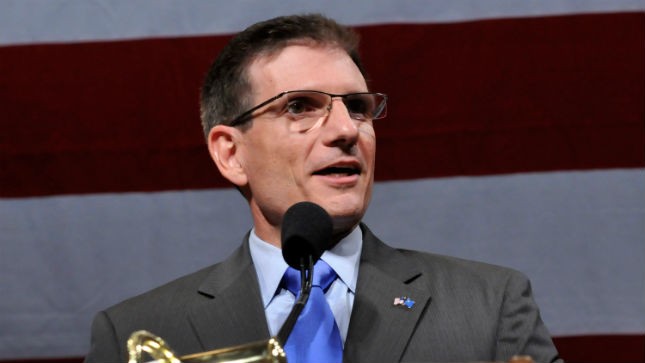
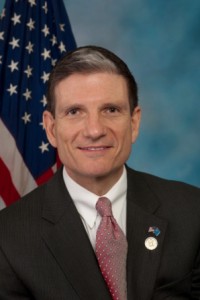
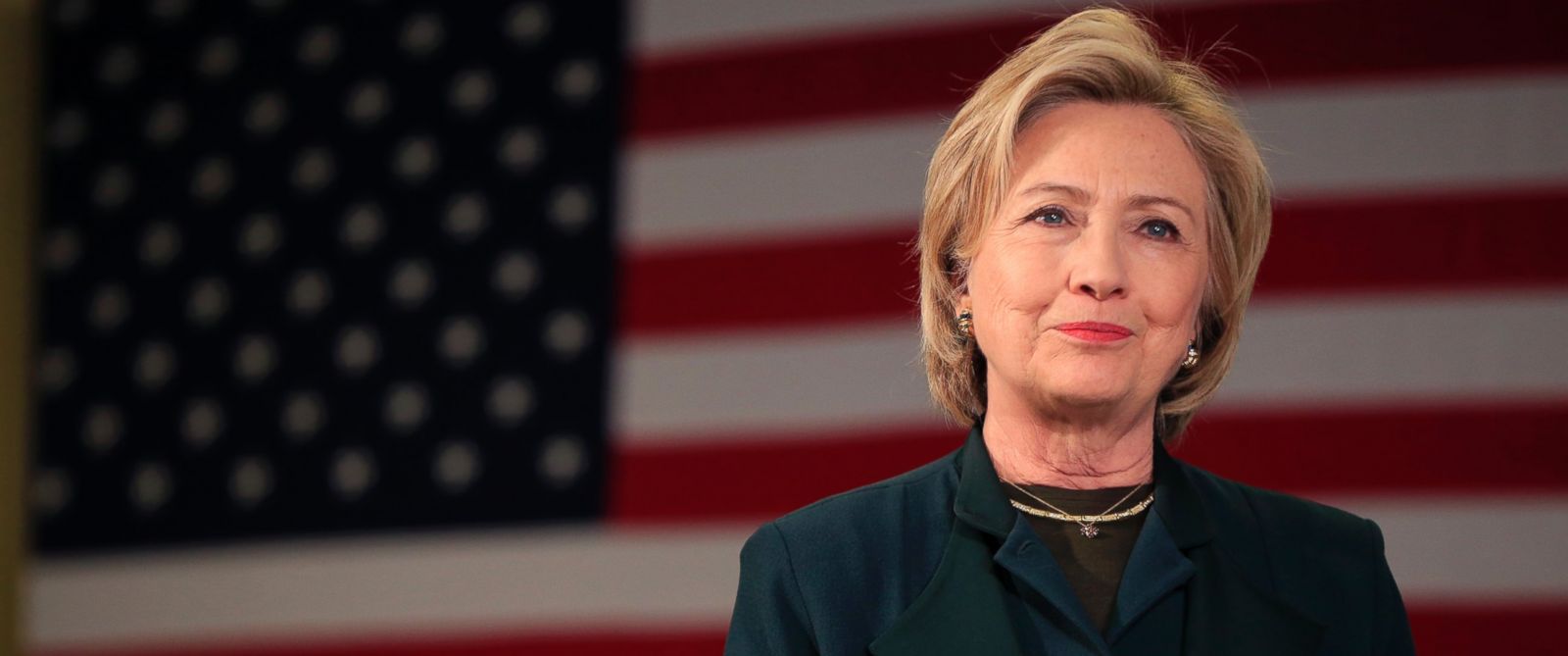
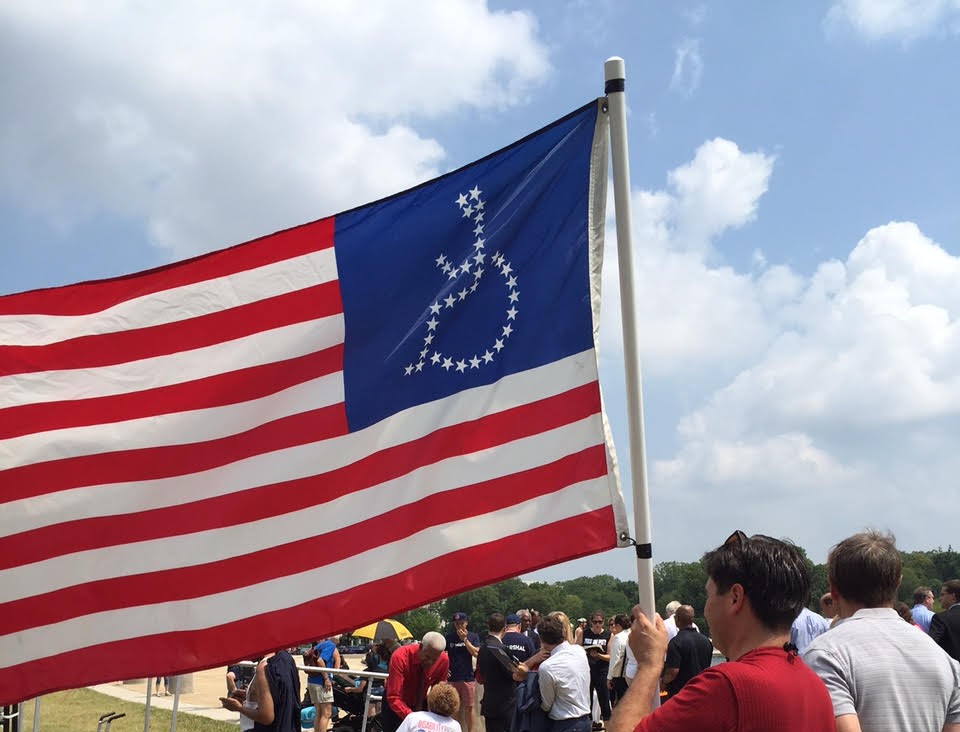
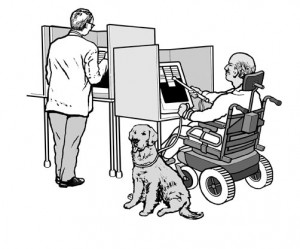 Washington, Sept. 20 – Last week, statistician Nate Silver’s FiveThirtyEight blog published an in-depth article examining the potential electoral impact of voters with disabilities in the 2016 election. This article, entitled “
Washington, Sept. 20 – Last week, statistician Nate Silver’s FiveThirtyEight blog published an in-depth article examining the potential electoral impact of voters with disabilities in the 2016 election. This article, entitled “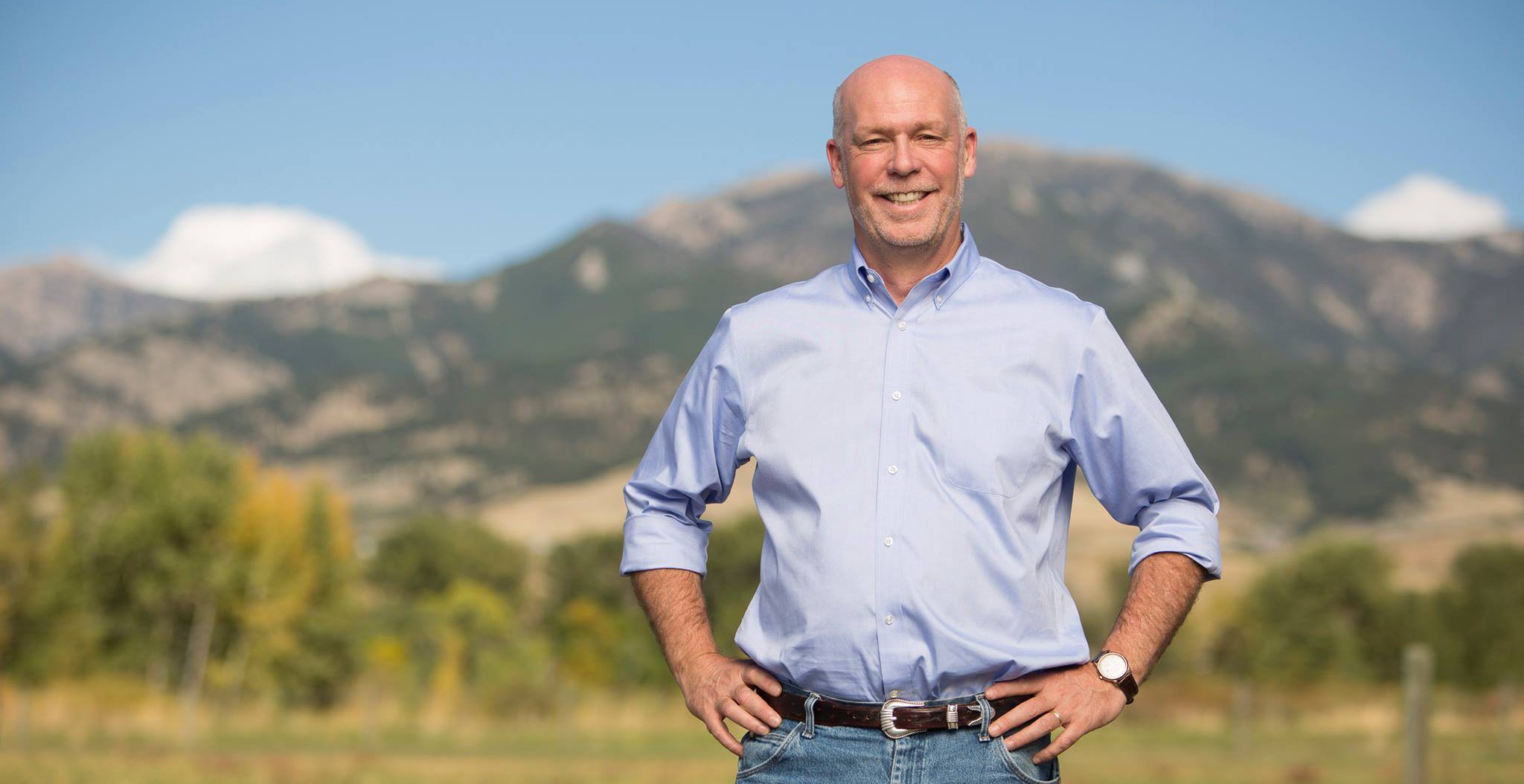



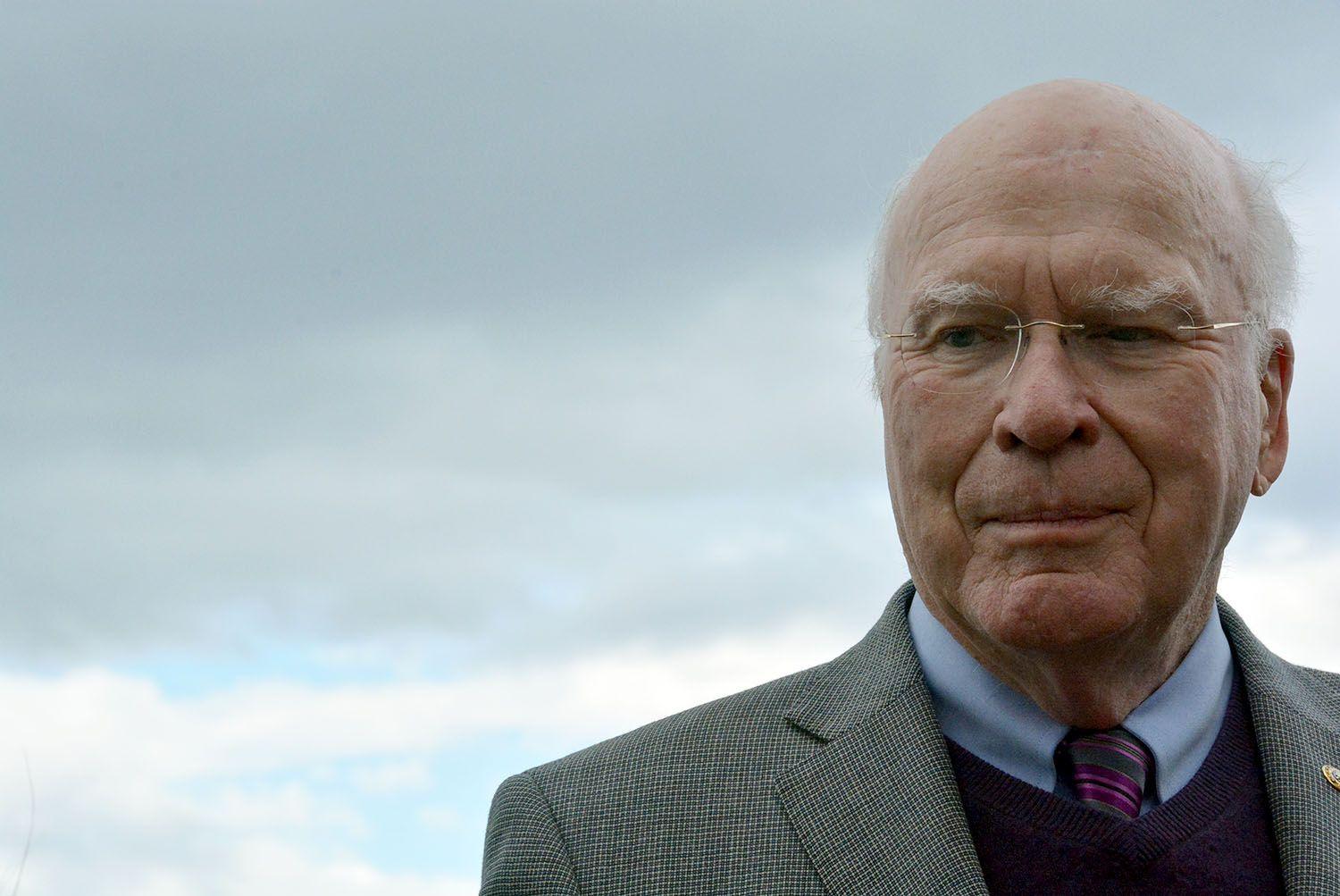
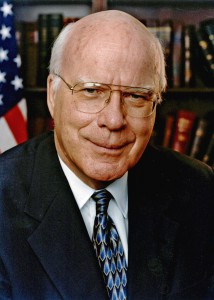


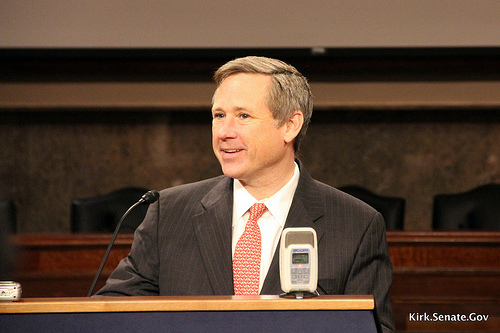
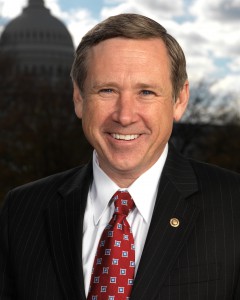

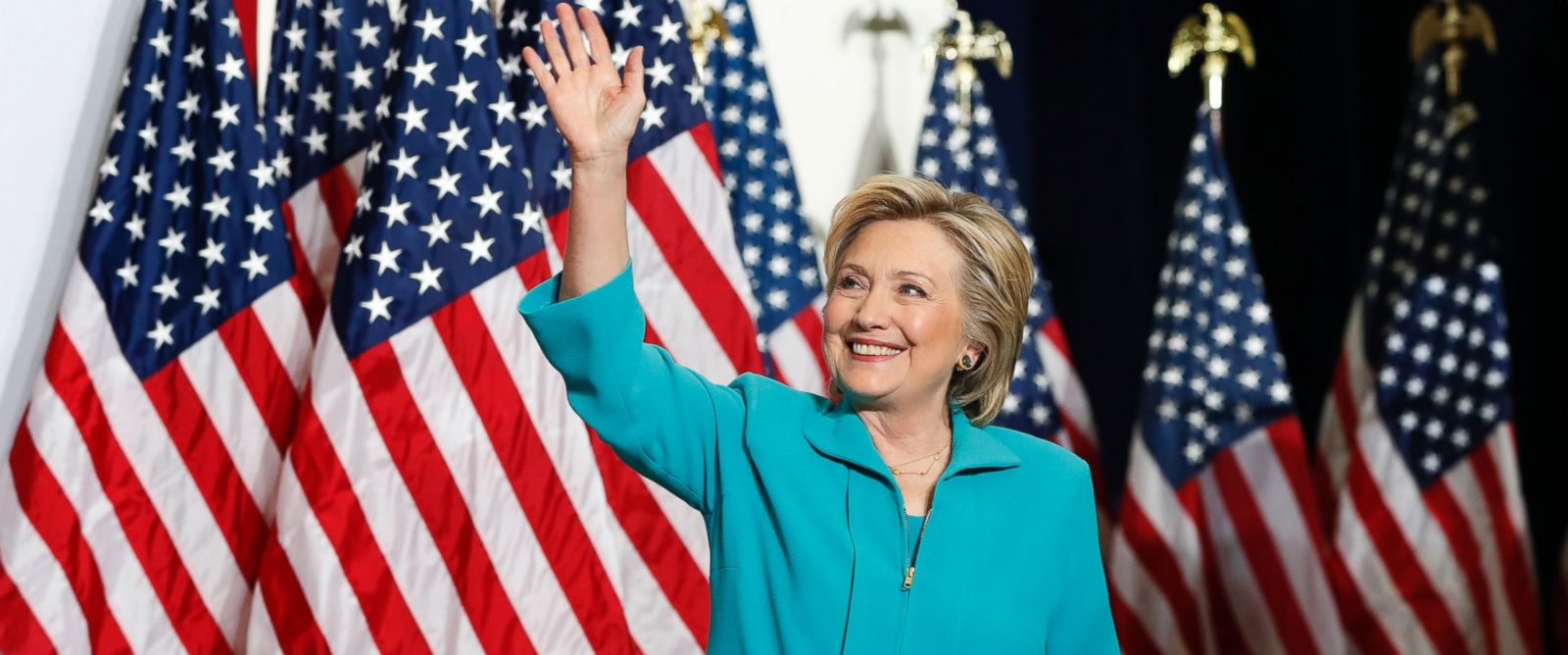
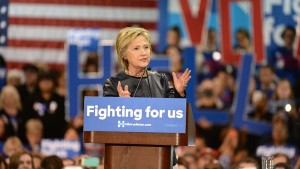 Washington, Sept. 9 – Last week Democratic nominee Hillary Clinton released a
Washington, Sept. 9 – Last week Democratic nominee Hillary Clinton released a